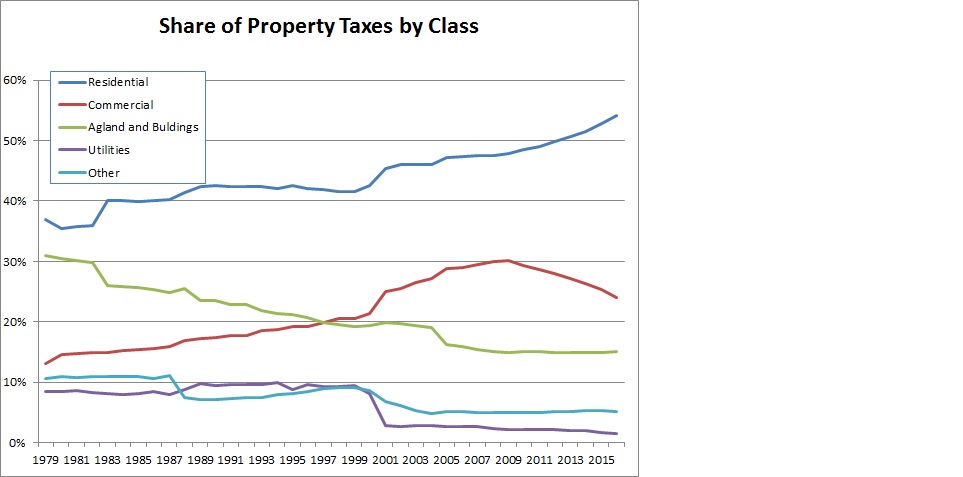Today (April 12), Midwest Energy News ran the first coverage I've seen on an Iowa district court ruling in favor of allowing solar installers to install PV systems on a customers property and enter into a power purchase agreement with that customer.While great news, I'll explain why you may not want to get overly excited over this development. I'll apologize in advance for sounding like a grumpy curmudgeon. I'm a fun guy,Really!!
There are reasons I'm sounding glass half empty here. First, this ruling could be appealed (and over turned by a higher court). This happened in 2005 when the Iowa Supreme Court reversed its ruling that required rural electric cooperatives to offer net metering. Let”s hope this recent ruling fares better. Still, as the good folks quoted in the article note, this decision will no doubt influence other court and utility commission rulings around the country. That's good news.
The next reason I'm only moderately excited here is that this ruling only affects one financing method for solar PV, not any of the underlying regulatory changes necessary for its use to become widespread in Iowa. Many Iowans don't have access to net metering or standard interconnection procedures (investor owned utilities only, not RECs and Municipals). They also can't get a fair price for electricity sales. Remember that feed in tariff legislation I've been blogging about? The state Senate Democrats were unable to bring SF372 to the senate floor for a vote. Chalk up another one for the utility lobby. So, if you're dealing with any or all of these issues, you probably don't care much about leasing a PV system. Your potential PV system salesman won't be very interested either.
Also, there are ways to structure a lease agreement without entering into a Power Purchase agreement with your PV salesman. Ideally, leases should also save you money over your current monthly electric bill and eventually enable you the option to own the asset. Leasing does have its place, schools, hospital, and other non-profit entities will be interested for sure.
Finally, my opinion is that third party PPA leasing will be mostly used by customers interconnecting to Alliant energy, a utility with relatively high Iowa retail electric rates, net metering, and standard interconnection procedures. I see this as a continuation of the unequal experience Iowans have when trying build renewable energy systems. Solar installs in Alliant Energy service territory have become fairly easy and will become commonplace. Iowans working with other Iowa utilities could have more difficulties or find out it is almost impossible to build the same system. This unequal treatment for Iowa ratepayers will most likely result in more constituent calls to Iowa legislators to fix these regulatory issues and level the playing field in Iowa. Hopefully Iowa policy advocates will also unite and send a clear message to Iowa legislators about the policy changes Iowa needs to advance locally owned renewable energy. This court ruling should help move our state in the right direction.
Gregg Heide
renewablefarmerblogspot.com




